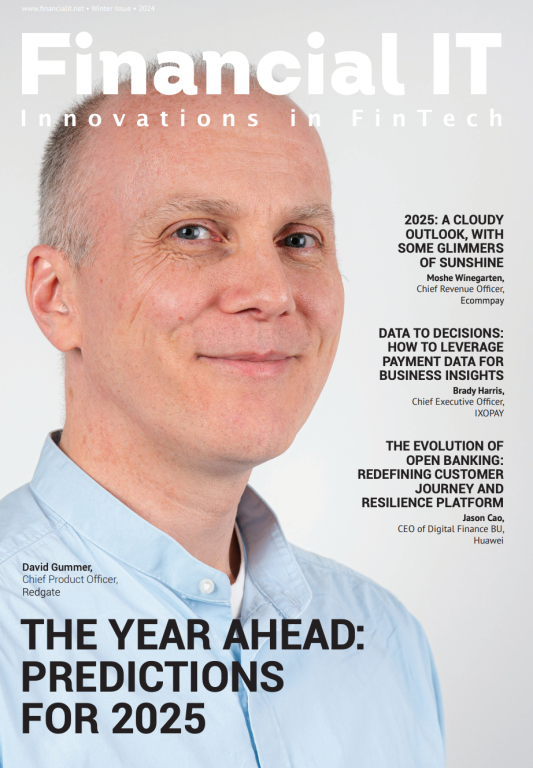Oasis Travel Selects emerchantpay as Their Sole...
- 15.01.2025 01:30 pm
Lyca Mobile Partners With Revolut Pay as UK’s First...
- 15.01.2025 10:05 am
Ebury to Acquire Lithuanian International Payments...
- 15.01.2025 10:05 am
Booking.com and Antom Partner to Expand Local Payment...
- 15.01.2025 08:40 am
Klarna Is Now Available to Millions of New Businesses...
- 14.01.2025 02:35 pm
XTransfer Officially Receives MPI License From the...
- 14.01.2025 02:35 pm
Worldline Extends Long-Term Partnership With KBC for...
- 14.01.2025 10:25 am
Thunes and Hyperwallet, a PayPal Service, Expand...
- 14.01.2025 10:25 am
Airwallex Bolsters Its UK Payment Capabilities With...
- 14.01.2025 09:25 am
Paymentology, Audax, and Mastercard Launch Report...
- 14.01.2025 09:25 am
Yuno and PayPal Team Up to Simplify Digital Payments...
- 14.01.2025 09:15 am
AIsa Unveils Groundbreaking Payment Network for the...
- 13.01.2025 03:45 pm






















